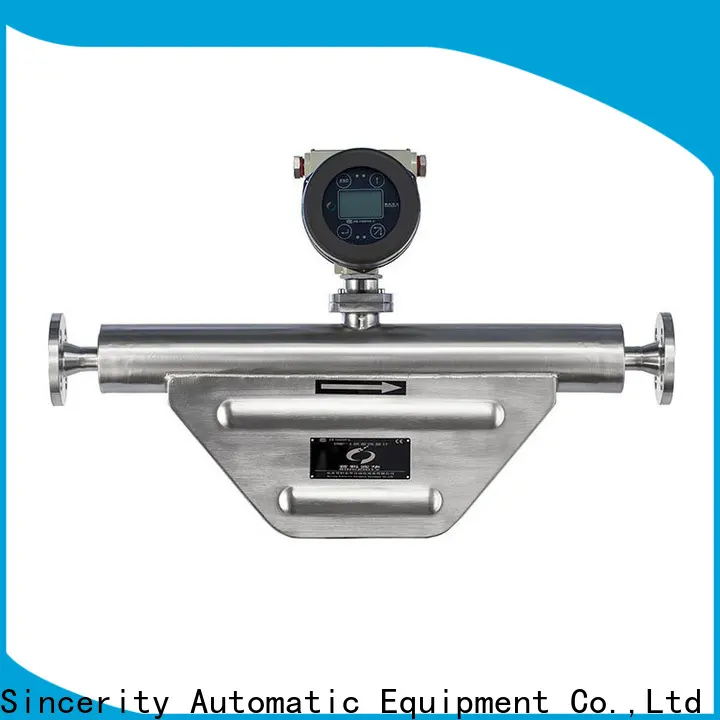custom coriolis mass flow meter price supplier for oil and gas
{{item.score}} Stars
{{item.pre}}%
{{item.nickname ? (item.nickname.slice(0, 2) + '*****') : item.source === 1 ? 'mall buyer' : '--'}}
{{item.comment_time}}
Review in the {{item.country}}
{{itemAttr.params_key}}: {{itemAttr.params_value}}
Contact us
we welcome custom designs and ideas and is able to cater to the specific requirements. for more information, please visit the website or contact us directly with questions or inquiries.
you might like
no data
Quick Links
Contact Us
● Add:No. 8 building, 3rd. district,I-Town, Gaoli Zhang
road,Haidian District, Beijing, China 100095
● Contact :Zoe Pan
Skype: testifypp
● Mobile:+86 13601110505
● Whatsapp : +86 18600270515
● Email:info@bjsincerity.com








